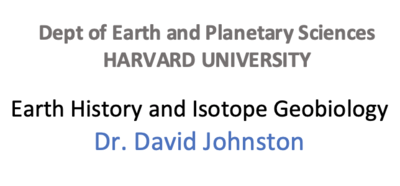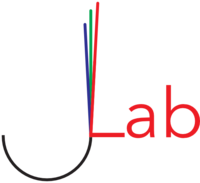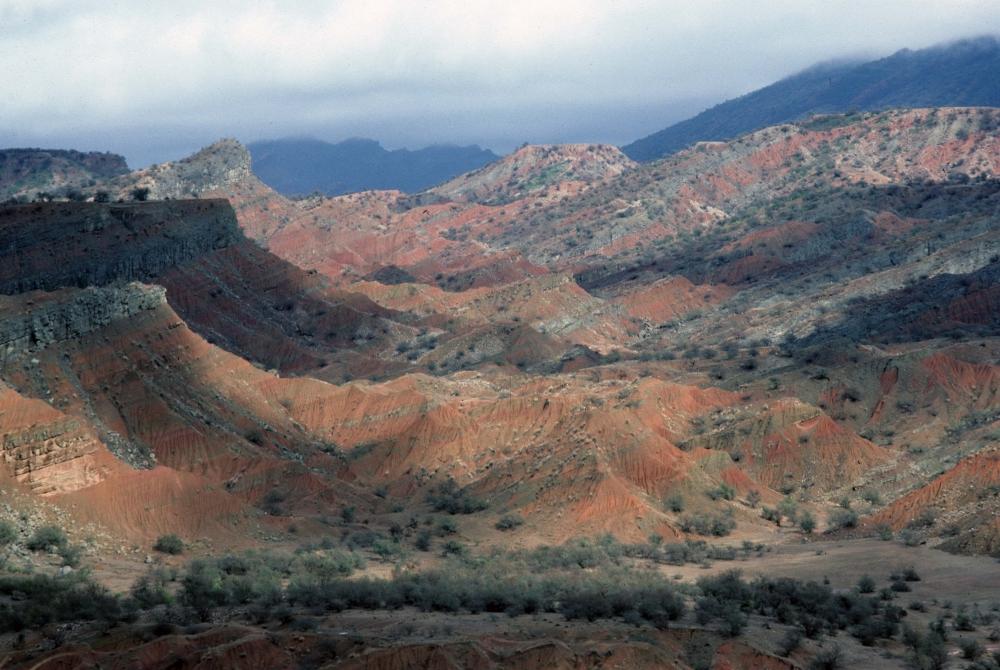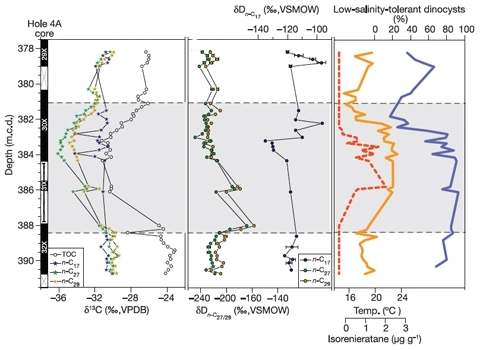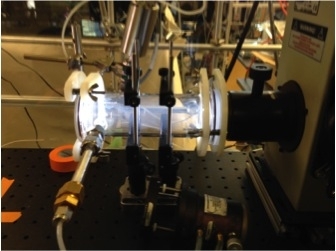2014
2014
Dec
04
2014
Nov
25
2014
Nov
13
2014
Oct
23
2014
Oct
02
2014
Sep
11
2014
Apr
24
2014
Apr
18
2014
Apr
17
2014
Apr
10
2014
Mar
13
